Catholic Social Teaching & Immigration: a Call for Support
January 30, 2017
Since the beginning of the Catholic church, social justice has been a key component of the church’s attempt to spread and live the Gospel. In modern times, these efforts have come to be collectively known as Catholic Social Teaching. Going back to Pope Leo XIII’s 19th century encyclical, Rerum Novarum, and subsequently supported by popes, bishops, and laity alike, Catholic Social Teaching is “the teaching of the church that examines human society in light of the Gospel and church Tradition for the purpose of guiding Christians as they carry on the mission of Jesus in the world.” Catholic Social Teaching is rooted in the basic belief that all humans have dignity and because of this deserve to be treated with respect.
Catholic Social Teaching is an important aspect of the curriculum at Notre Dame Academy. Specifically, these topics get addressed both theoretically and practically during our Sophomore Theology class, Morality & Social Justice. However, the basic ideas are reinforced throughout the school in other Theology classes, through our Campus Ministry programs, in our service efforts, even in our school disciplinary policies. One of the challenges of teaching this curriculum is that often these teachings are ignored or even contradicted by the world around us, sending mixed messages to our students about the importance of living the Gospel. While we cannot respond to every example of these challenges to the Gospel message, there are certain times where it is necessary to speak up.
Recently, President Trump issued an executive order regarding immigration. In this document, the President calls on the Department of Homeland Security to weekly “make public a comprehensive list of criminal actions committed by aliens.” This policy builds on the rhetoric that first candidate, and now President Trump, has used to demonize a particular class of people, immigrants. Those who have studied history know that this type of rhetoric and these types of policies have often been the first signs of future atrocities, including some of the worst evils in human history. While I hope and pray that this is not the direction our country is headed, having learned from the past, I recognize the importance of making my voice heard in the face of this type of prejudice.
Thus, I reject this demonization and raise my voice in support of the immigrants of this country and the many important contributions they have made and are making to our country. The Bible calls on us to welcome the stranger and to serve the least of our brothers and sisters. Moreover, whether here legally or illegally, all immigrants, as humans, have dignity and deserve to be treated with respect, not typecast and segregated based on a particular characteristic. As a Theology teacher at Notre Dame Academy, I take this message seriously. In particular, I want to offer support to our school families who have come here as immigrants. I stand in solidarity with you and welcome you here. Please let me know what I can do to help you feel welcomed and appreciated in our school, in our community, and in our country.
Finally, I call on my fellow teachers and everyone in the Notre Dame Academy community to join me in support of the immigrants of this country and in challenging those who would demonize any group of people.
_____________
Jerry Windley-Daoust, et. al. Living Justice and Peace: Catholic Social Teaching in Practice. Winona, MN: St. Mary’s Press, 2001.


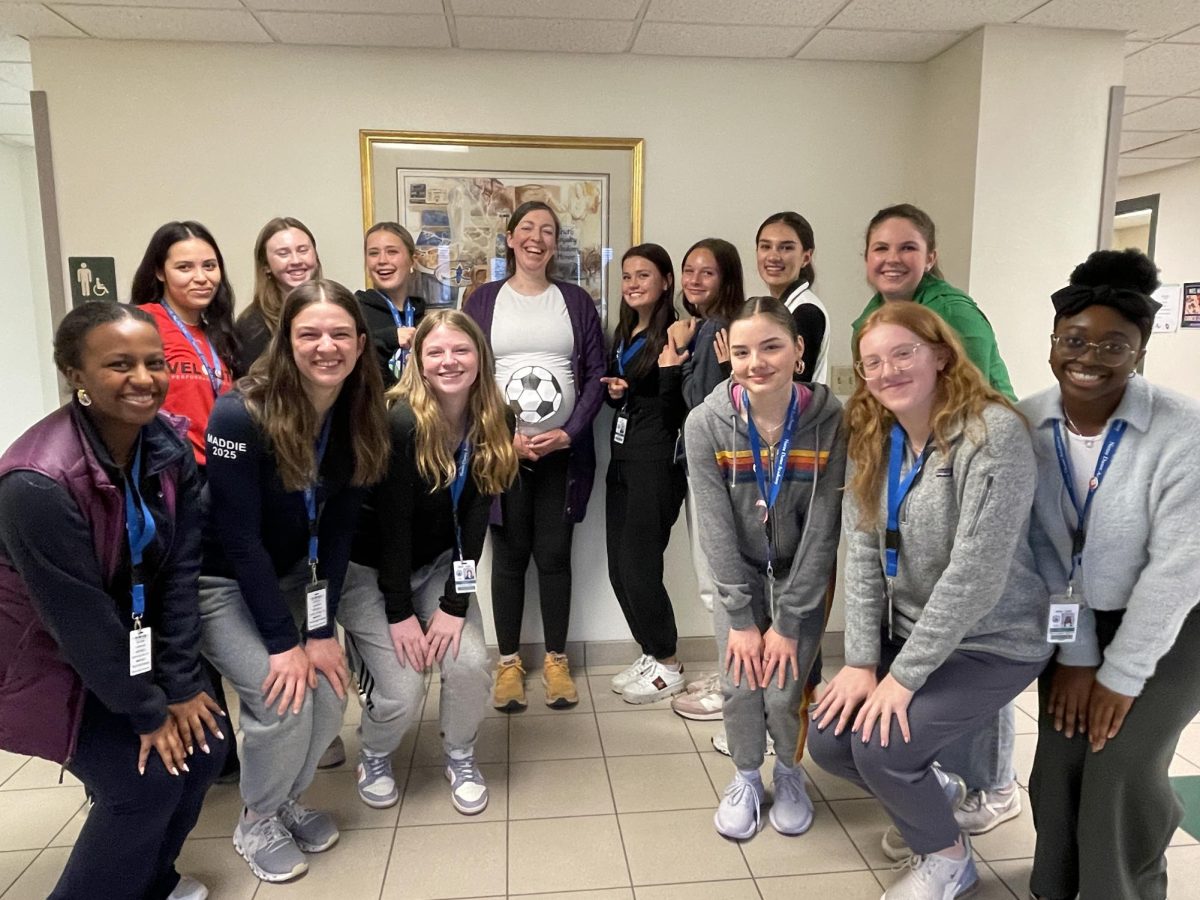





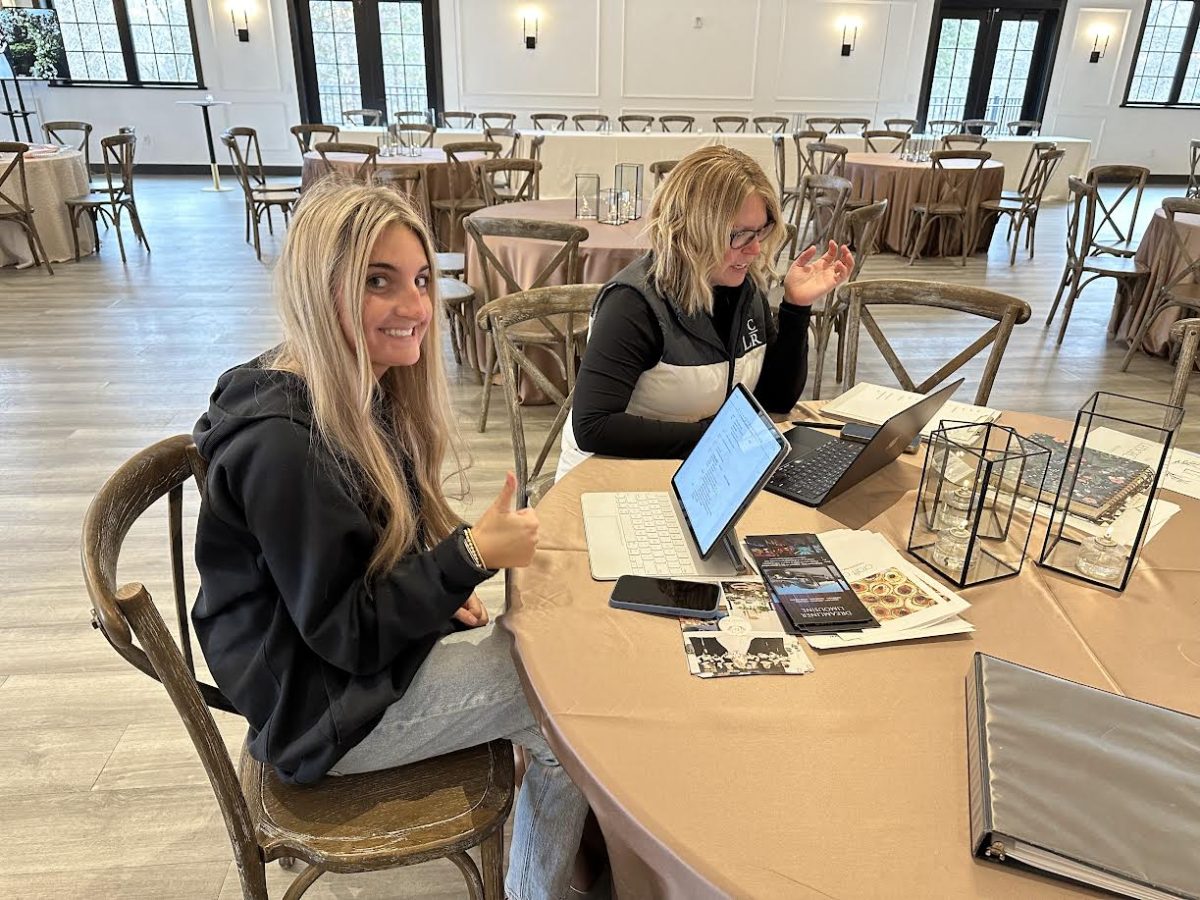

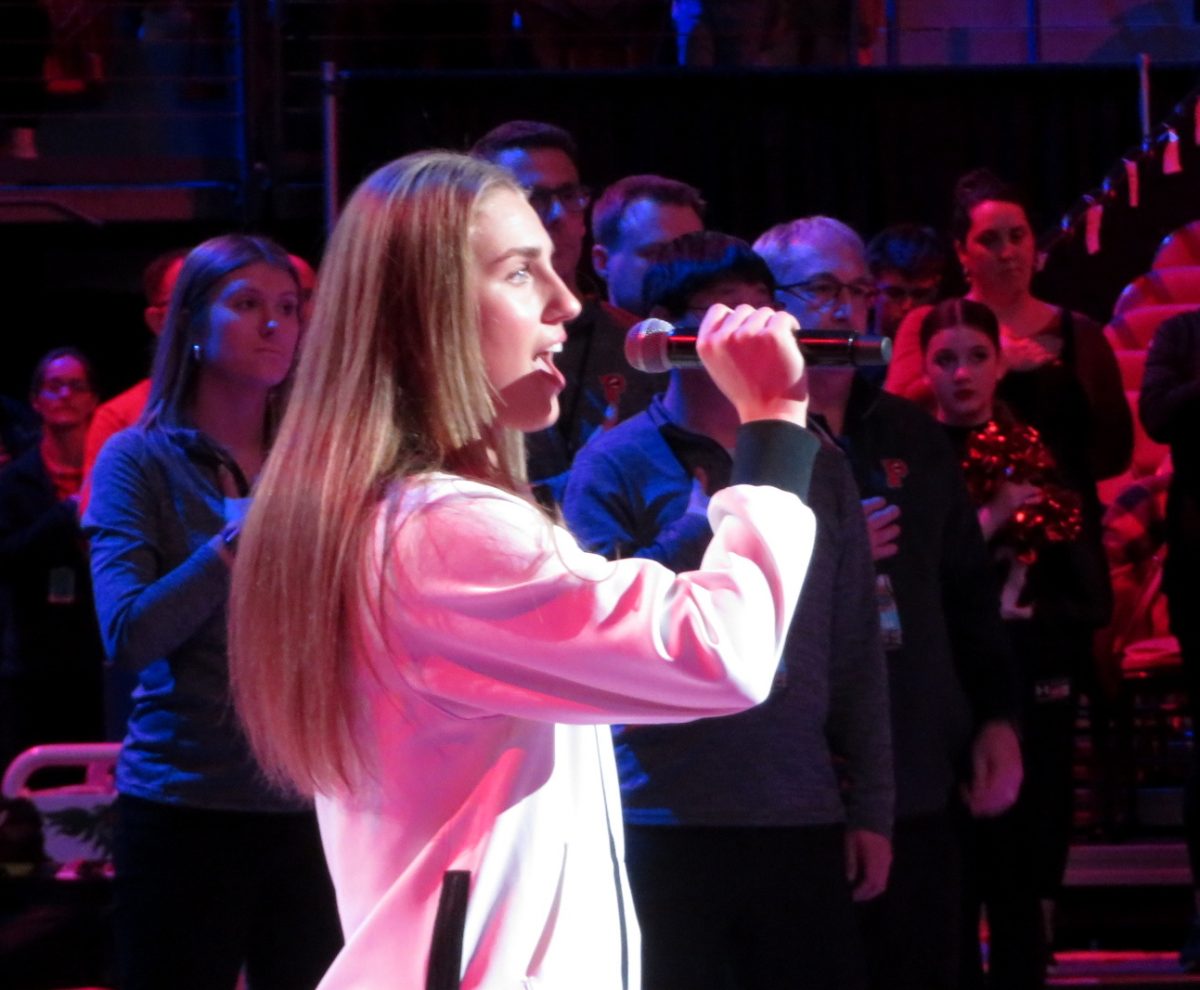
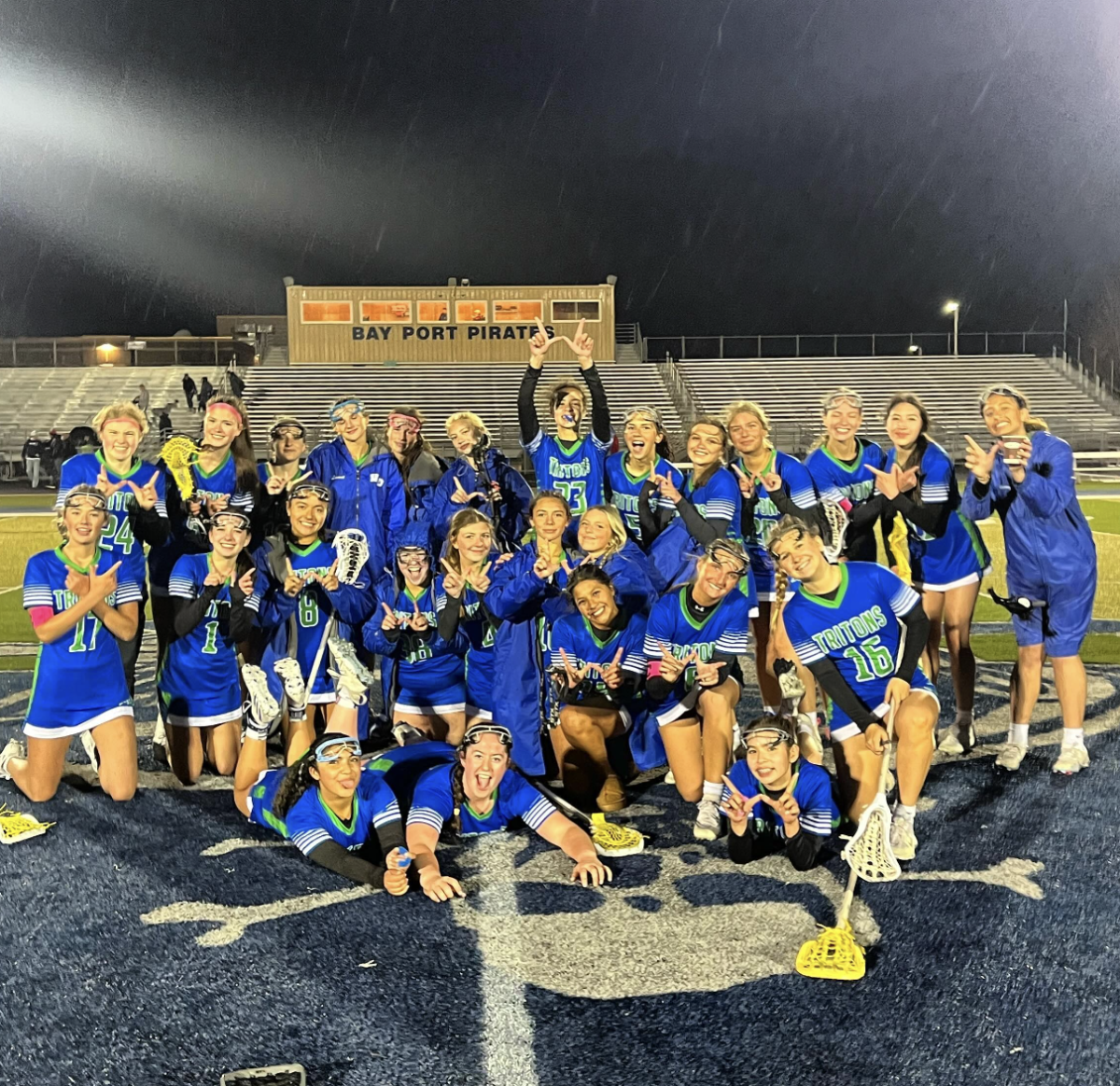

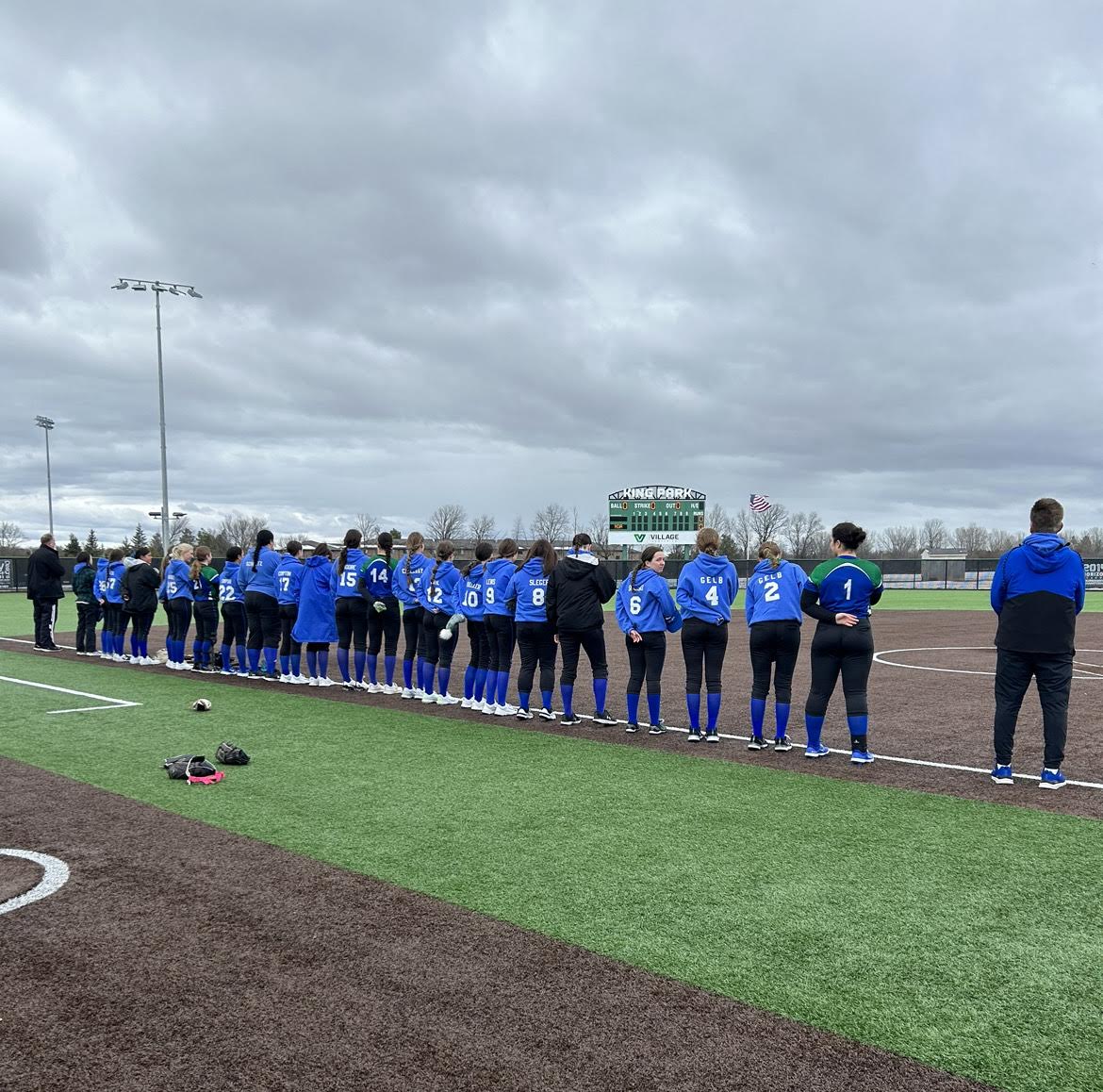

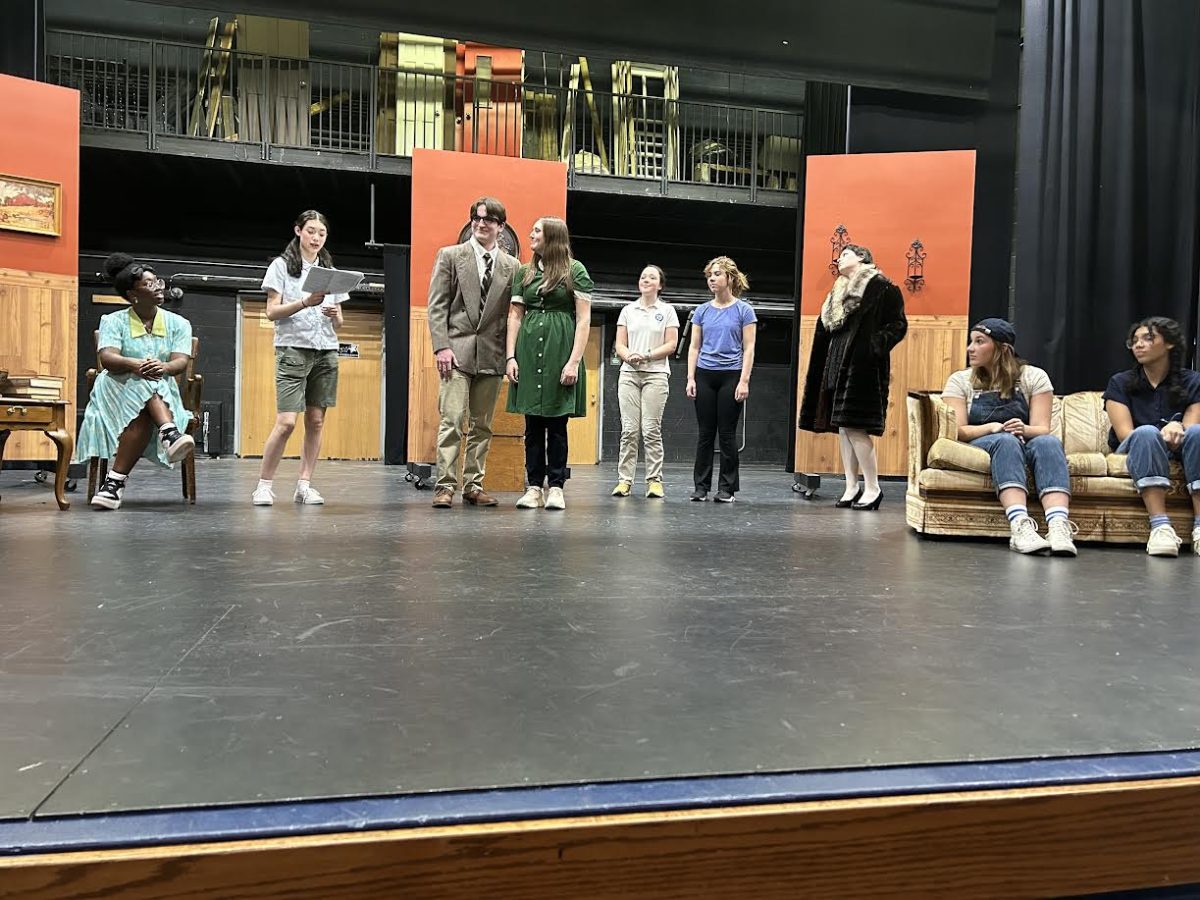


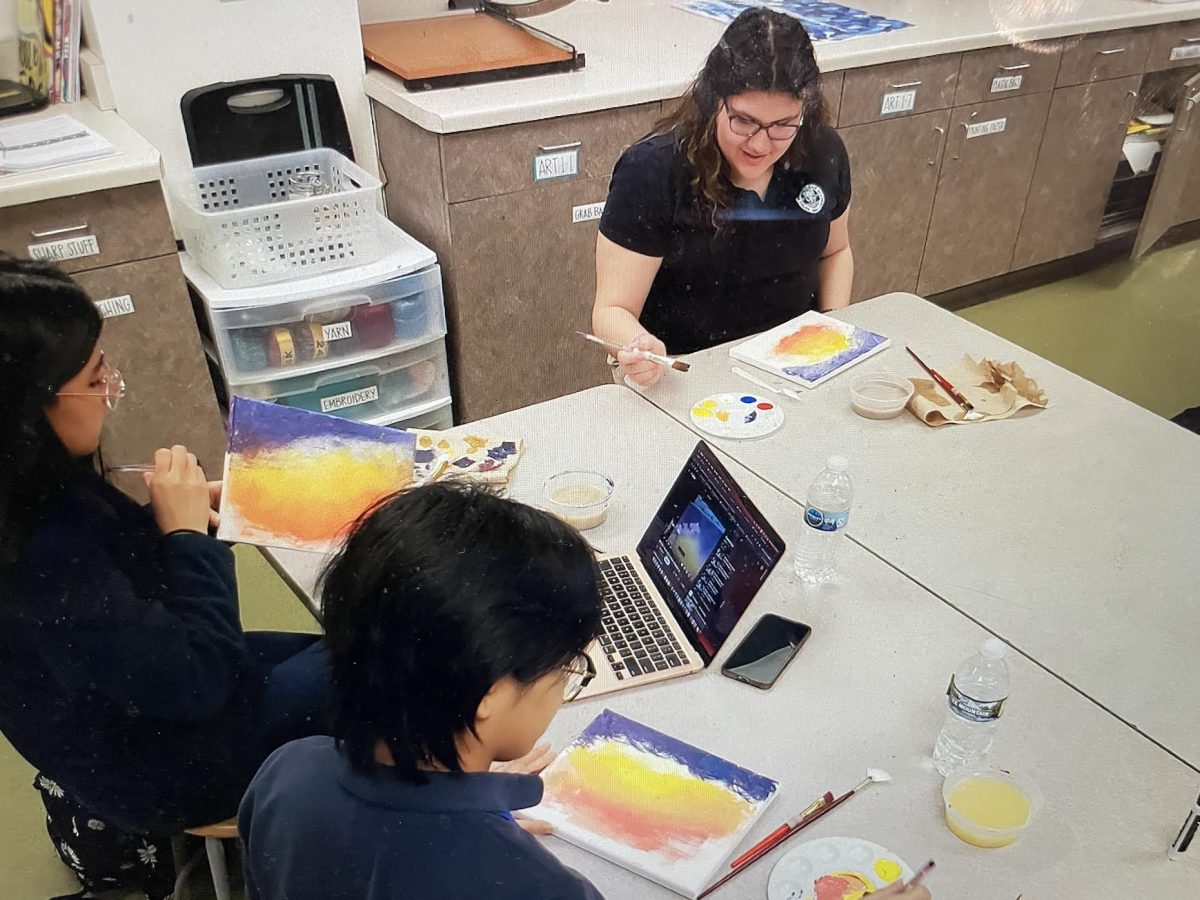
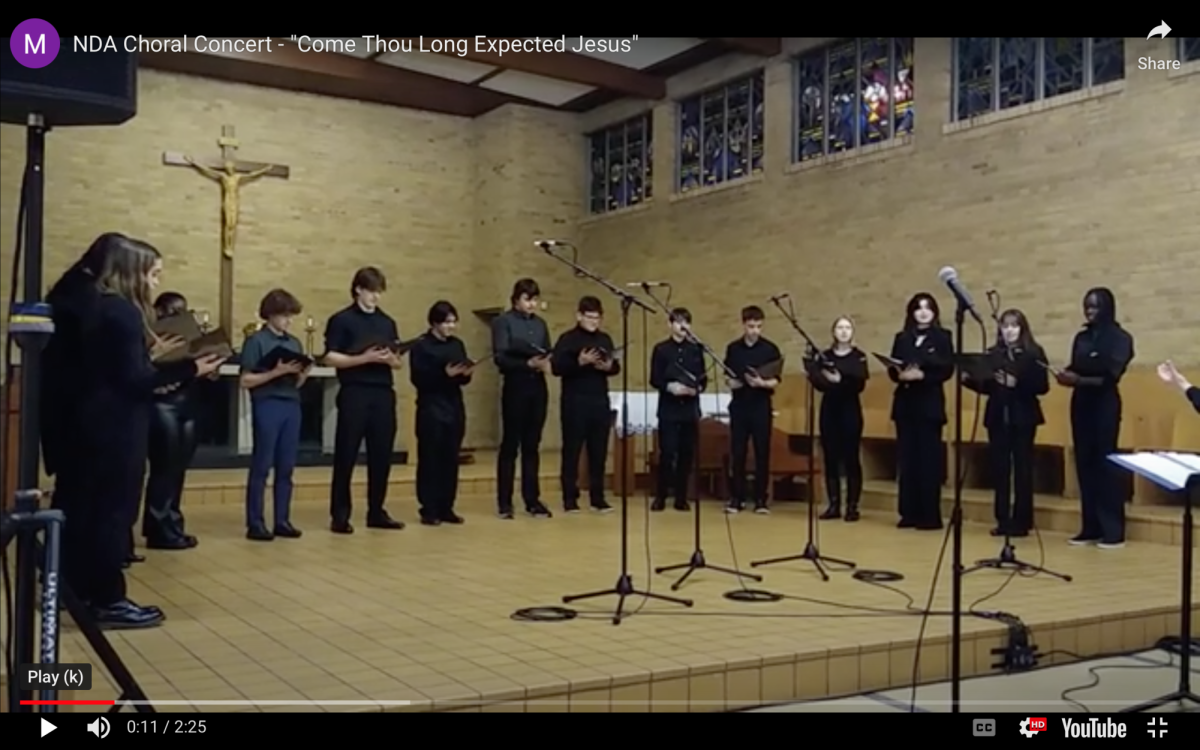

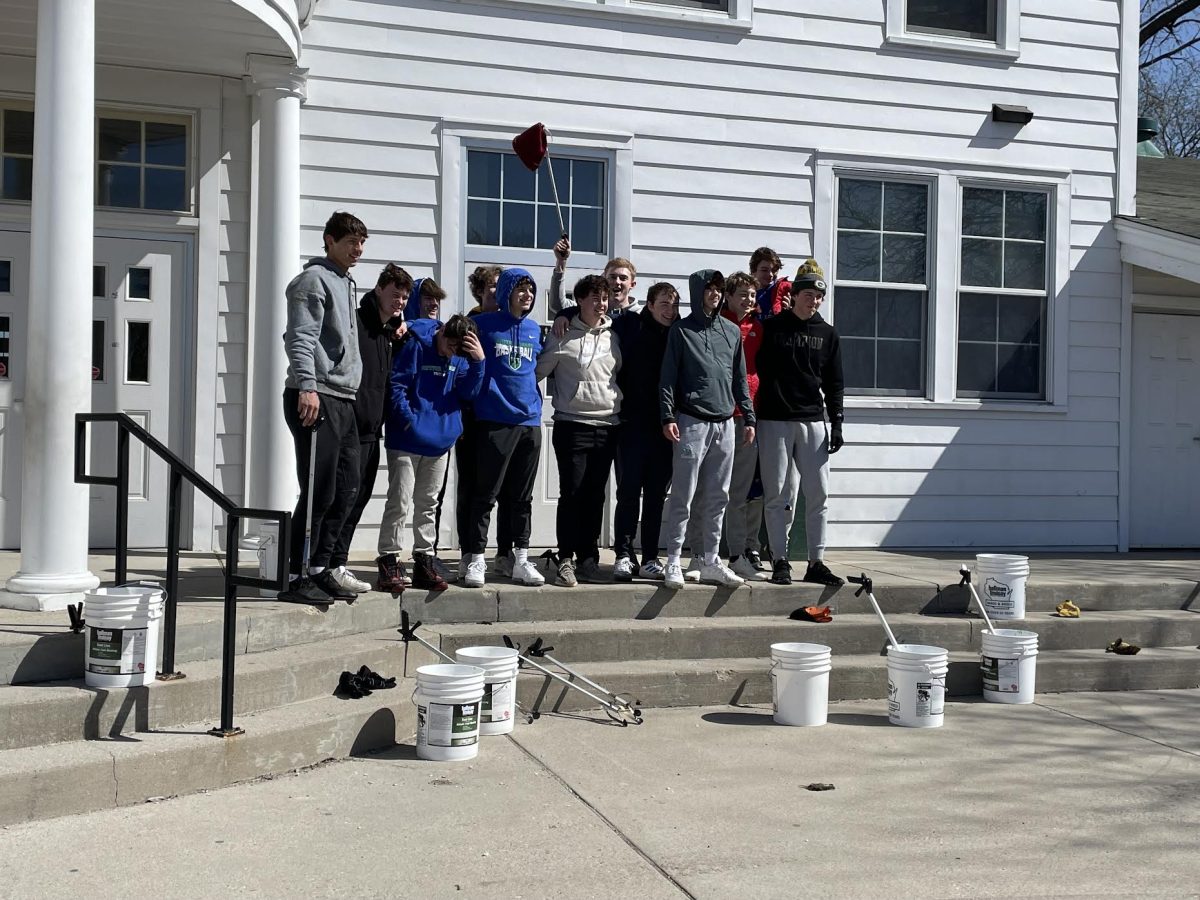

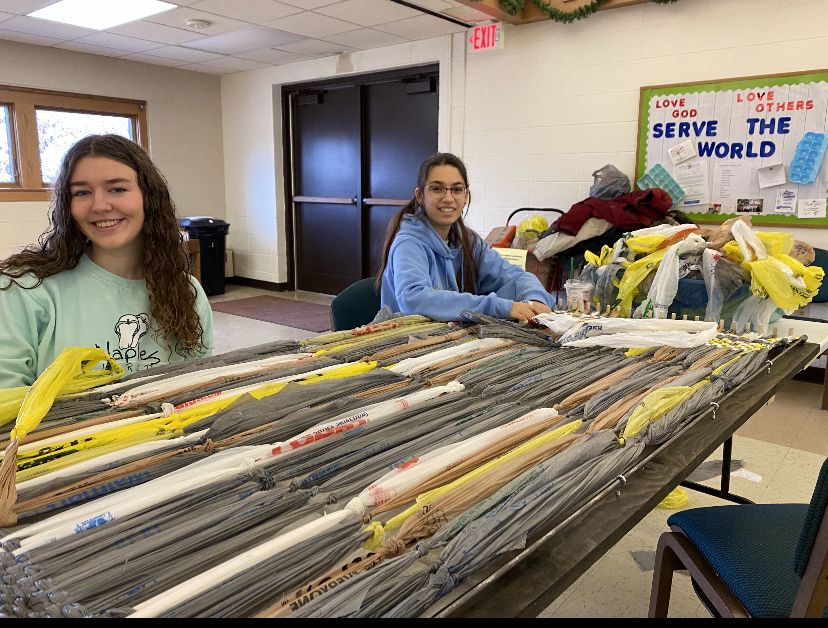
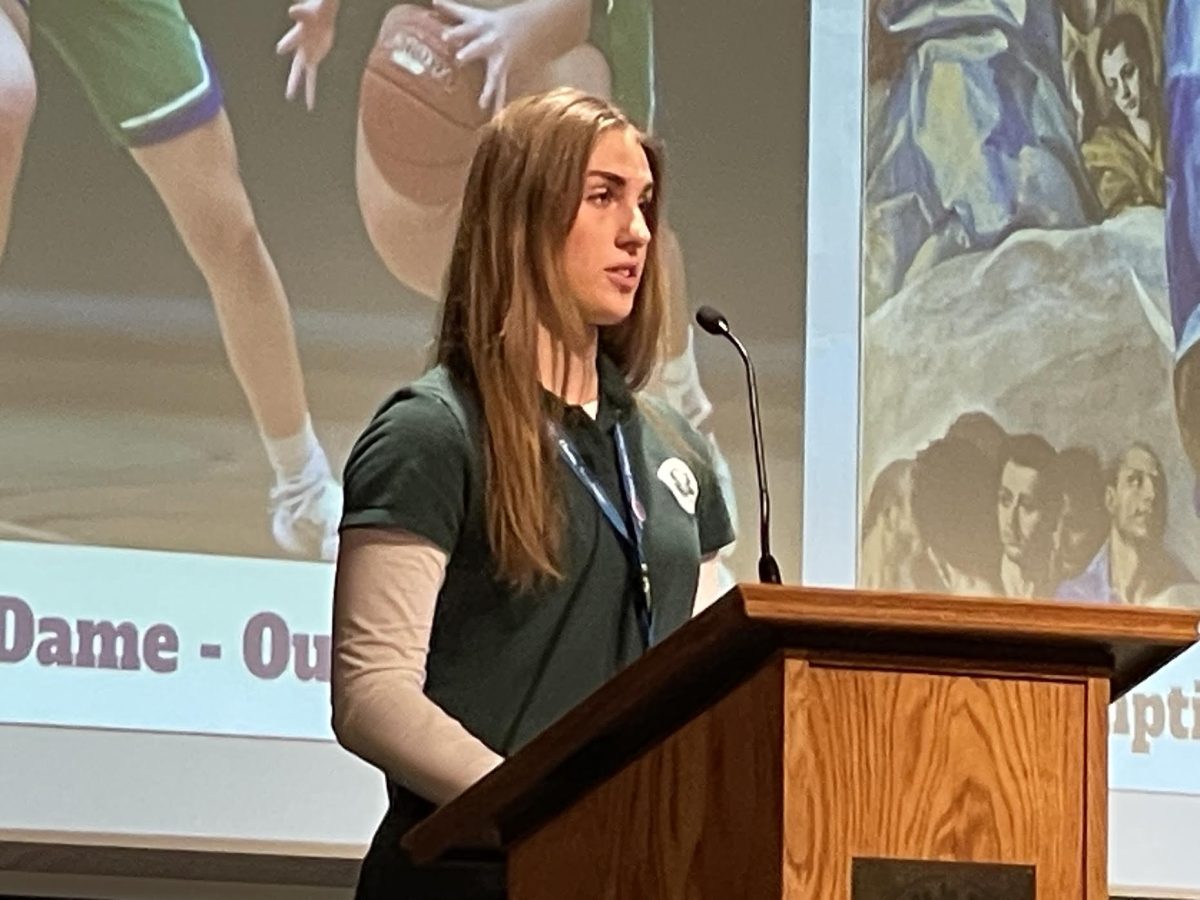
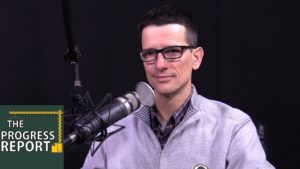






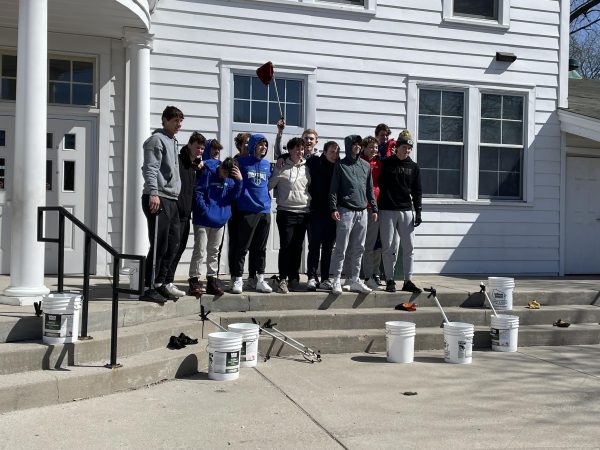

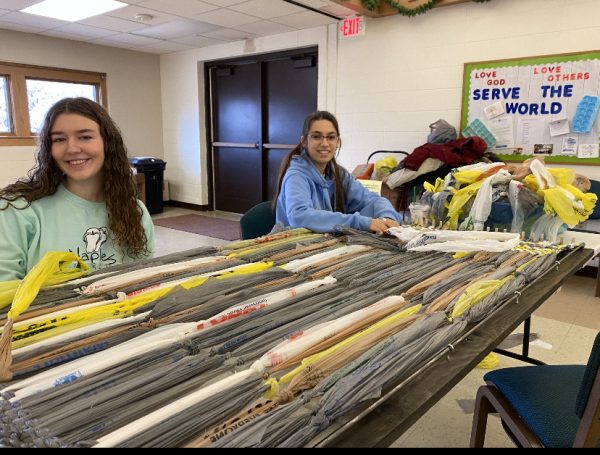
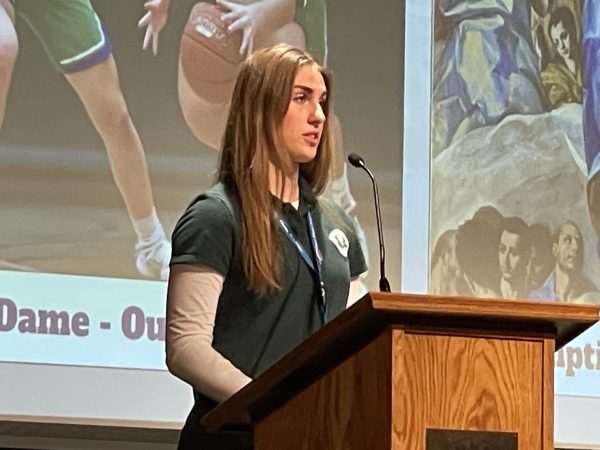


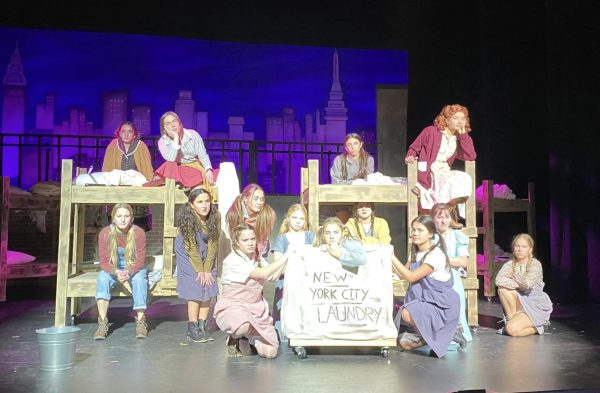



Miranda • Jan 31, 2017 at 7:35 am
Thank you for speaking up, Peter. I stand with you.